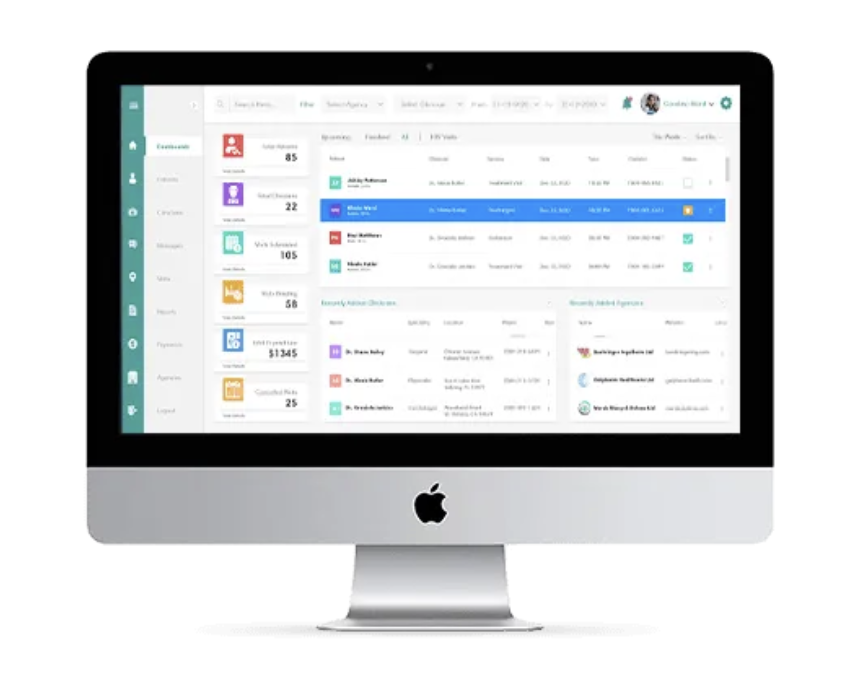Description
In an era where healthcare demands efficiency and precision, hospital management systems (HMS) are becoming indispensable. These systems efficiently automate core administrative workflows—including patient registration, appointment scheduling, billing, pharmacy control, and lab management—eliminating manual processes and significantly reducing errors.
Centralizing patient data into electronic health records (EHRs) ensures that caregivers have instant access to patient history, test results, prescriptions, and more. This streamlined information flow enhances coordination across departments and promotes quicker, more informed clinical decisions. Additionally, these systems support data-driven management through built-in reporting and analytics tools that help administrators track key performance metrics, identify trends, and optimize resource allocation.
Security and compliance are vital in the healthcare context. Robust HMS solutions include features such as encryption, role-based access control, and adherence to privacy regulations to protect sensitive patient data and maintain trust.
Mobile integration adds a layer of flexibility, allowing healthcare staff to access critical patient information, receive alerts, and manage workflows via smartphones or tablets. More advanced systems also incorporate telemedicine services, enabling virtual consultations and extending care to remote or underserved populations.
Beyond operational improvements, a hospital management system significantly enhances patient experience—reducing wait times, improving communication via patient portals, and supporting timely follow-ups. This holistic digital transformation not only streamlines hospital operations but also elevates the quality of care delivered.

